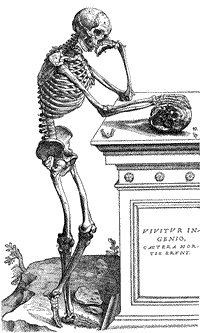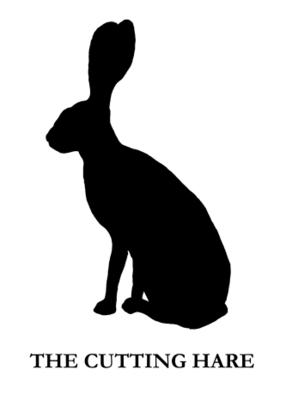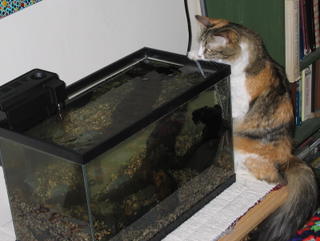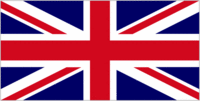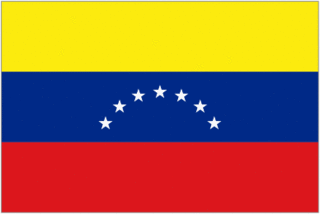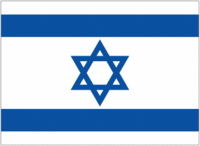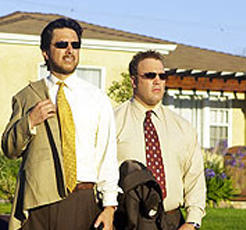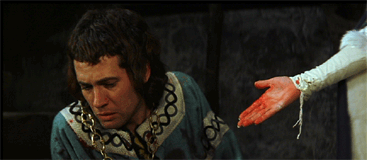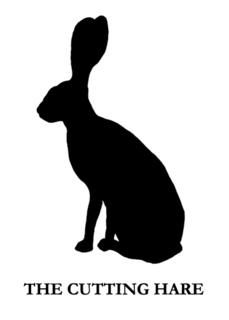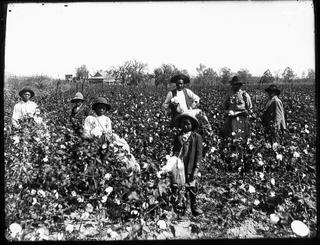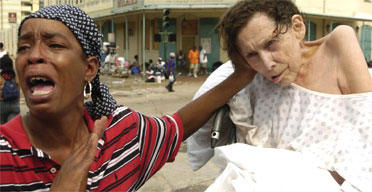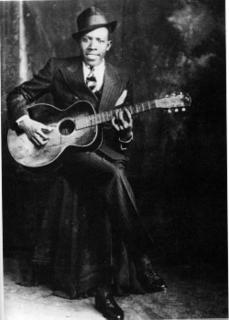crow,
n.[OE.
cráwe f., corresp. to OS.
kráia, MLG.
kráge,
kráe,
krá, LG
krae,
kreie. MDu.
kraeye, Du.
kraai, OHG.
chráwa,
chrája,
chrá,
crawa,
cra, MHG.
krae,
kráwe,
krá, Ger.
krähe; a WG. deriv. of the vb.
cráwan,
cráian to Crow, q.v.]
1. A bird of the genus
Corvus; in England commonly applied to the Carrion Crow (
Corvus Corone), "a large black bird that feeds upon the carcasses of beasts" (Johnson); in the north of England, Scotland, and Ireland to the Rook,
C. frugilegus; in U.S. to a closely allied gregarious species.
C. americanus.
700 "Epinal. Gloss." 2 i, Cornacula, crauuae.
800 "Erfurt Gl." 308, Cornix, crauua.
a. 800 "Corpus Gl." 401, Carula, crauue.
c.1000 "Psalms" cxlvi, 10, Se selth nytenum mete heora, and briddum craan cigendum hine.
1250 "Owl & Night", Pinnuc goldfinch rock ne crowe Ne dar thar never cumen.
c.1290 "S. Eng. Leg.", Black foule...Ase it crowene and rokes weren.
1382 Wycliff, "Gen." viii. 7, Noe...sente out a crow.
1485 "Bk. St. Albans", A Roke or a Crow or a Reuyn.
1553 Eden "Treat. Newe Ind.", The Priestes take the meete that is left, and geue it to the crowes to eate.
1575 Churchyard "Chippes", They wysht at home they had bene keping crooes.
1605 Shakespeare "Macbeth", Light thickens, and the Crow Makes Wing toth' Rookie Wood.
1766 Pennant "Zool.", Rooks are socialble birds, living in vast flocks: crows go only in pairs.
1817-18 Cobbett "Resid. U.S.", They keep in flocks, like rooks (called crows in America).
1842 Tennyson "locksley Hall", As the many-winter'd crow that leads the clanging rookery home.
1882 Swainson "Prov. Names Birds", 'Crow' is common to rook and carrion crow alike.
2. With qualifications, as Hooded, Kentish, or Royston Crow,
Corvus Cornix; Red-legged Crow,
C. Graculus; Fish Crow of America,
C. ossifragus or
C. caurinus; Carrion-crow, etc. Also applied to birds outside the genus or family, as Mire Crow, Sea Crow, names for
Larus ridibundus; Scare Crow, the Black Tern (
Hydrochelidon nigra); Blue Crow, a crow-like jay of N. America,
Gymnocitta cyanocephala; Piping Crows, the birds of the sub-family
Gymnorhininae or
Streperinae; and others
1875 W. McIlwraith "Guide Wigtownshire", These cliffs are frequented by the Cornish chough or red-legged crow.
3. In phrases and proverbial sayings as: "A black as a crow", "The crow thinks its own bird fairest (or white)", etc. A "white crow", ie. a
rara avis. To "eat crow": to be forced to do something extremely disagreeable and humiliating.
4. The southern constellation
Corvus, the Raven.
5. A bar of iron usually with one end slightly bent and sharpened to a beak, used as a lever or prise: a crow-bar.
1458 Turner "Dom. Archit." III, Than crafti men for the querry made crowes of yre.
1555 Eden "Decades", Longe crowes of iren to lyfte great burdens.
1590 Shakespeare "Comedy of Errors", Well, I'll breake in: go borrow me a crow.
1676 "Phil. Trans. ", The Mine-men do often strike such forcible strokes with a great Iron-crow.
1888 Rider Haggard "Col. Quaritch" xl, Driving the sharp point of the heavy crow into the rubble work.
6. A grappling hook, a grapnel. Obs.
1727-51 Chambers "Cycl.", Crow: in the sea-language, a machine with an iron hook, for fastening hold, and grappling with the enemies vessel.
7. An ancient kind of door-knocker. Obs.
1637 N. Whiting "Albino & Bell", Who...Knockt at the wicket with the iron crow / To whose small neck white phillets here were tyede / Which in more ancient dayes did child-bed show"
8. Thieves' slang. One who keeps watch while another steals.
1862 "Cornh. Mag.", Occasionally they (women) assist at a burglary - remaining outside and keeping watch; they are then called crows.
9. In Alchemy, a color of ore, or of substances in a certain state. Obs.
10. Mining. Used attrib. to denote a poor or impure bed of coal, limestone, etc.
1852 "Jrnal R. Agric. Soc.", Small beds of the kind called crow coal (only useful for burning lime).
11. Crowing (of a cock)
1386 Chaucer "Miller's Tale", I shall at cokkes crow Ful pryvely knokken at his wyndowe.
12. The mesentery of an animal.
1804 Farley "Lond. Art of Cookery", The harslet, which consists of the liver, crow, kidneys, and skirts.
1818 "Yng. Woman's Companion", The liver and crow are much admired fried with bacon.
crow,
v. intr.[OE.
cráwan strong vb. (
créow,
cráwen), which in other WGerm. languages is weak: OS.
craian (MDu.
kraeijen, Du.
kraaijen, MLG.
kreien, LG.
kraien,
kreien), OHG.
chráian,
cráwan,
cráen, (MHG.
crájen,
cráen,
krájen,
kráen, mod. G.
krähen) Originally an echoic word, and prob. of WG. origin. The strong pa. t. is still prevalent in sense bu1 but in 2, 3, the weak for m is used, the strong pa. pple. is only dialectal]
1.
To utter the loud cry of a cock; also rarely of other cries, as that of the raven.
1592 Shakespeare, "Rom. & Jul." IV iv, The second Cocke hath crow'd
1874 Dasent "Tales fr. Field", He stood on one leg and crew.
2. Of persons: To utter a loud inarticulate sound of joy of exultation; said esp. of the joyful cry of an infant.
1863 Thackeray "D. Duval", The baby...would...crow with delight.
3. fig. To speak in exultation; to exult loudly, boast , swagger. "To crow over": to triumph over
1588 J. Udall "Demonstr. Discip.", They crow over them as if they were their slaves.
1776 Johnson "Lett. To Mrs. Thrale", Nay, He crows and triumphs.
1841 J. H. Newman "Letters", We must not crow till we are out of the wood.
--per "The Compact Edition of The Oxford English Dictionary", Oxford University Press 1971



